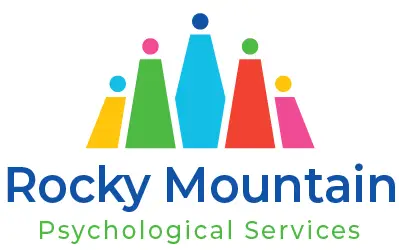ADHD Assessment Alberta – FAQs
How do I know if either I or my child needs an ADHD assessment?
If you notice ongoing difficulties with focus, organization, impulsivity, or emotional regulation that affect daily life, it may be time to schedule an ADHD assessment.
Do you assess both children and adults?
Yes. We provide ADHD testing for all age groups using a combination of interviews, questionnaires, and cognitive assessments.
What happens after the ADHD assessment?
After reviewing results, we provide a detailed feedback session and a written report. If ADHD is diagnosed, we discuss next steps, which may include therapy, skills training, parent coaching, and/or collaboration with schools and healthcare providers.
Do you prescribe medication?
No. We do not prescribe medication directly, but we can work closely with medical providers if medication becomes part of the treatment plan.
How do I book an ADHD assessment?
Simply contact Rocky Mountain Psychological Services to schedule your appointment. After the initial appointment, we will create the assessment plan tailored to your individual needs and share it with you. If you are seeking virtual appointments, we will let you know if we think this option is a good fit for you, ensuring you receive the right support every step of the way.



